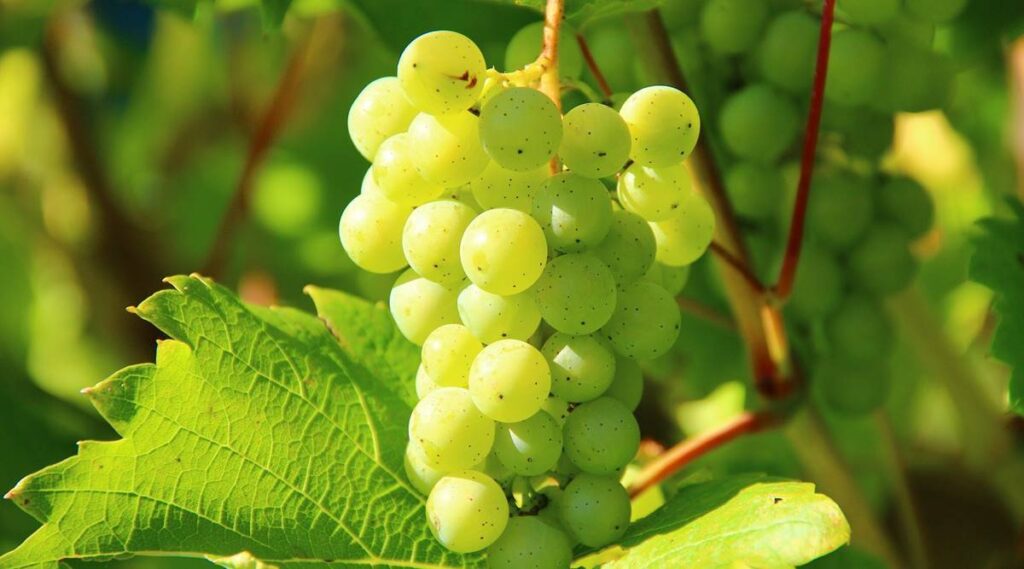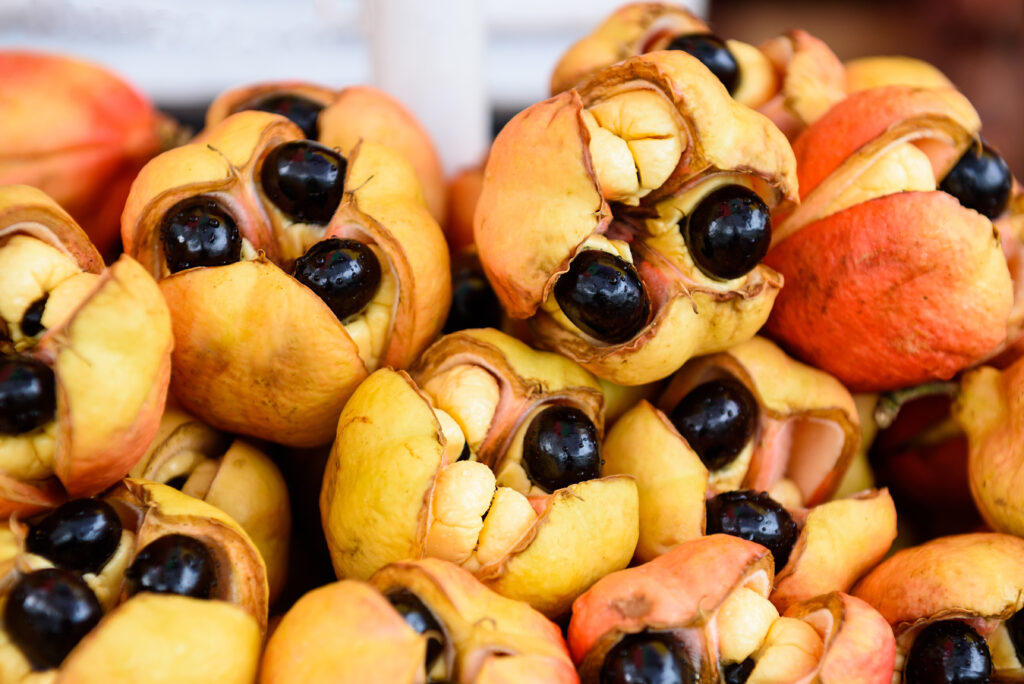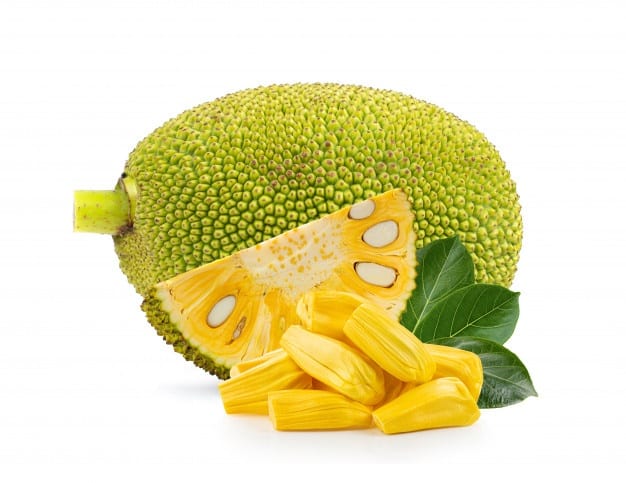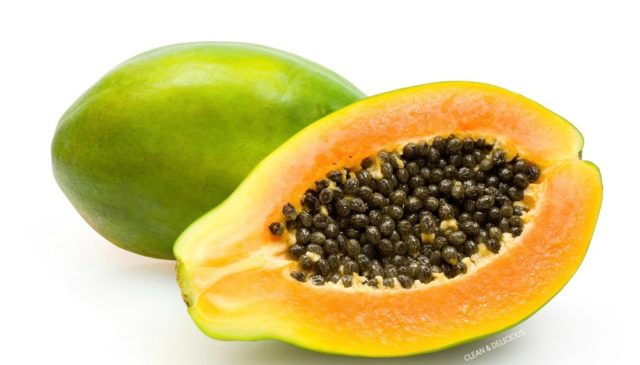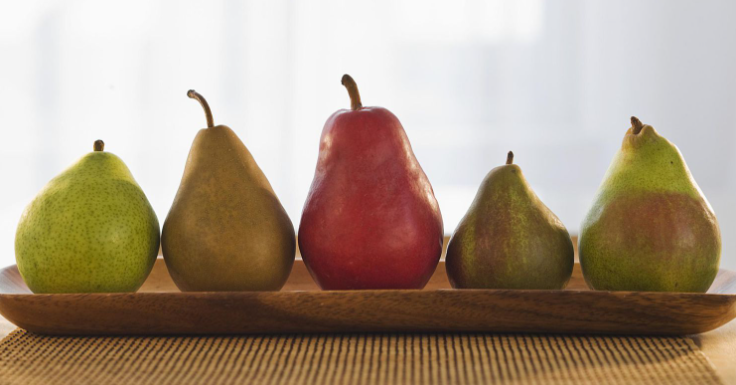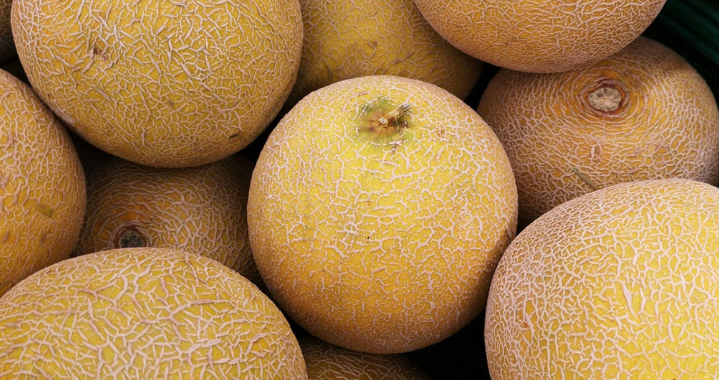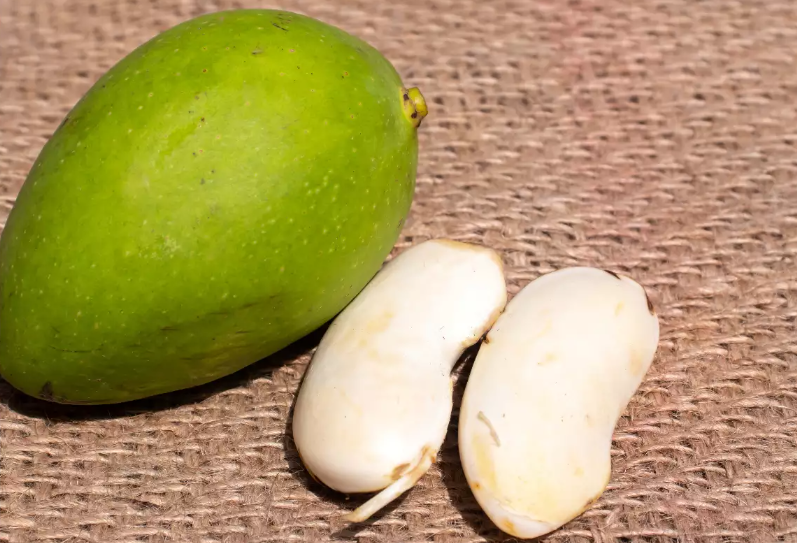Fruits that grow in warm and moist places close to the equator are called tropical fruits. They are famous for their bright colors and special tastes, and they are good for your health. These fruits need the right temperature and weather to grow well.
What makes tropical fruits special is their taste and smell. They are usually sweet and sour and have a unique smell that makes them different from other fruits.
These fruits are full of vitamins and minerals. They also have a lot of fiber and things called antioxidants, which are good for your body.
Table of Contents
- So, Is Acai Considered a Tropical Fruit?
- Where Do Acai Palms Come From?
- What Kind of Climate Do Acai Palms Need?
- What’s in Acai Berries?
- How Can You Use Acai Berries?
- What Are the Health Benefits of Acai Berries?
- In Summary
- Common Questions (FAQs)
- Are acai berries only found in the Amazon rainforest?
- Is it safe to eat acai berries?
- Do frozen acai products have the same nutrition as fresh acai?
- Can acai berries help you lose weight?
- Can you grow acai berries outside the tropics?
So, Is Acai Considered a Tropical Fruit?
Yes, acai is a kind of tropical fruit. It comes from the Amazon rainforest in Brazil. Acai berries are small and round. They have a dark purple color and grow on a type of palm tree called Euterpe oleracea.
Where Do Acai Palms Come From?
The acai palm tree is from the tropical Amazon rainforest in South America, especially Brazil. People who live in the Amazon, called indigenous communities, have been eating acai berries for a very long time because they are full of good nutrients.
What Kind of Climate Do Acai Palms Need?
Acai palms like it hot and moist. They need a place that gets a lot of rain and has temperatures between 75°F (24°C) and 95°F (35°C). They are perfect for the Amazon because they can grow in places that get flooded and have very wet soil.
What’s in Acai Berries?
Acai berries are amazing because they are full of antioxidants like anthocyanins, which is why they are purple. They also have fiber, good fats, and important things like vitamin A, vitamin C, and iron.
How Can You Use Acai Berries?
People enjoy eating acai berries in different ways like acai bowls, smoothies, and drinks. They taste a bit like other berries, but they also have a hint of chocolate in their flavor.
Acai bowls are very popular. People like to have them for breakfast or as a snack. They are usually topped with things like granola, fruits, and nuts and are known for being tasty and healthy.
What Are the Health Benefits of Acai Berries?
Acai berries are famous for being healthy. They have lots of antioxidants which may help protect your body from damage and swelling. Eating acai berries might also help because they have a lot of fiber which is good for digestion and can make you feel full.
But, to truly understand how acai berries can affect your health, scientists need to do more research.
In Summary
Acai is indeed a type of tropical fruit from the acai palm tree in the Amazon. It is known for being full of nutrients, offering different ways to eat it, and may have some health benefits.
Eating acai berries in bowls or as part couple with other ingredients can add an exciting tropical flavor to your diet and could be part of eating healthily.
Common Questions (FAQs)
Are acai berries only found in the Amazon rainforest?
While acai is mainly from the Amazon rainforest, you can also find it in other tropical places, like some areas in Central and South America.
Is it safe to eat acai berries?
Acai berries are usually safe to eat. But, if you’re allergic to pollen or taking medicine for your blood, you should talk to a doctor before adding acai to your meals.
Do frozen acai products have the same nutrition as fresh acai?
Yes, frozen acai stuff like pulp or packs still has a lot of the good things that fresh acai has. They’re easy to use and can go in many recipes.
Can acai berries help you lose weight?
Acai berries are not a quick fix for losing weight, but their fiber might help you eat less and can be part of a diet and exercise plan to help control weight.
Can you grow acai berries outside the tropics?
It’s hard to grow acai palms if it’s not tropical because they need that kind of weather. Growing them in other climates can be difficult because they need certain temperatures and lots of rain.
